Foods That Help or Harm Your Sleep

What You Eat Affects How You Sleep
If you could pick foods that may help you get the best sleep possible, would you? And if you knew which foods may hinder your restful slumber, would you avoid them? Now's your chance to learn just that for a good night's sleep. Though the science is not solid, being mindful of what you eat and drink before bed may help.
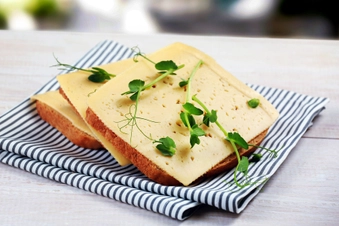
Indulge Your Carb Craving (a Little Bit)
Carbohydrate-rich foods may help. So a few good late-night snacks might include a bowl of cereal and milk, nuts and crackers, or bread and cheese.
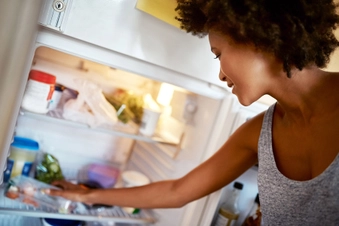
Have a Snack Before Bedtime
If you have insomnia, a little food in your stomach may help you sleep. Drinking some milk may help, too. But keep the snack small. A heavy meal will tax your digestive system, making you uncomfortable and unable to get your ZZZs.
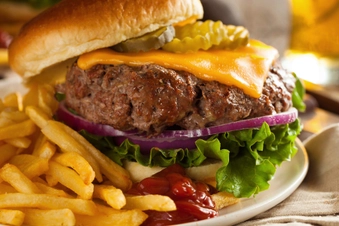
Limit High-Fat Foods
Research shows that people who often eat these foods gain weight and their sleep cycles tend to get disrupted. Why? A heavy meal activates digestion, which can lead to nighttime trips to the bathroom.
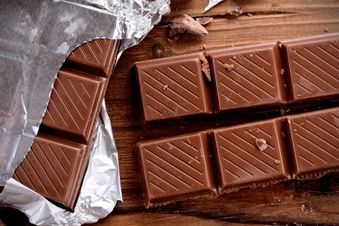
Beware of Hidden Caffeine
It's no surprise that an evening cup of coffee might disrupt your sleep. But don't forget about less obvious caffeine sources, like chocolate, cola, and tea. Even decaf coffee has a trace of it -- but not enough to be a problem. For better sleep, cut all caffeine from your diet 4 to 6 hours before bedtime.
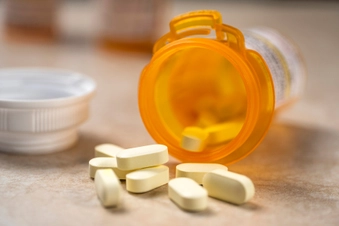
Medications May Contain Caffeine
Over-the-counter and prescription drugs that may have caffeine in them include pain relievers, weight loss pills, diuretics, and cold medicines. These and other medications may have as much or even more caffeine than a cup of coffee. Check the label of nonprescription drugs or the prescription drug information sheet to see if your medicine interferes with sleep or can cause insomnia.
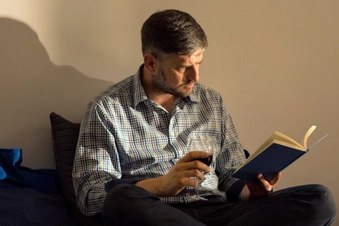
Skip the Nightcap
Alcohol may help you fall asleep faster, but you might not sleep well, waking up often, tossing and turning, and even having headaches, night sweats and nightmares. It can help to down a glass of water for each alcoholic drink, to dilute the alcohol's effects. But for a good night's sleep, it's better to avoid alcohol 4 to 6 hours before bedtime.
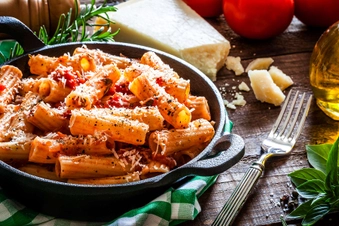
Beware of Heavy, Spicy Foods
Lying down with a full belly can make you uncomfortable, since the digestive system slows down when you sleep. It can also lead to heartburn, as can spicy cuisine. If you indulge in a heavy meal, finish it at least 4 hours before bedtime.
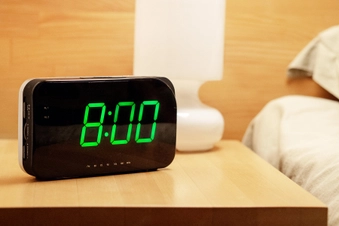
Cut the Fluids by 8 P.M.
Staying hydrated throughout the day is great for your body, but cut it off before bed. You don't want to have to keep getting up to go to the bathroom after you turn in.
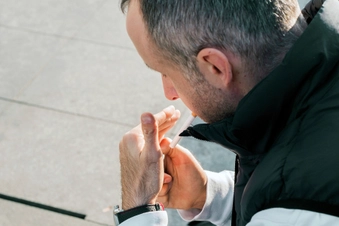
Don't Smoke to Relax
Even if it's one of your favorite ways to unwind, smoking isn't a good idea -- night or day. Nicotine is a stimulant, with effects similar to caffeine. Avoid smoking before bedtime or if you wake up in the middle of the night. Keep trying to quit -- it's hard, but it's worth it.
Show Sources
IMAGES PROVIDED BY:
(1) darkside26 / Getty Images
(2) NYS444 / Getty Images
(3) PeopleImages / Photolibrary
(4) bhofack2 / Getty Images
(5) al62 / Getty Images
(6) Tetra Images / Getty Images
(7) KatarzynaBialasiewicz / Getty Images
(8) Fcafotodigital / Getty Images
(9) Deteetarkan / Getty Images
(10) dragana991 / Getty Images
REFERENCES:
Mayo Clinic: "Caffeine content for coffee, tea, soda and more."
National Sleep Foundation: "Food and Sleep."
Sleep.com: "Eating Before Bed – The Good and the Bad."
HowStuffWorks.com: "How Caffeine Works."
Nemours. KidsHealth.org: "What Is Caffeine."
University of Wisconsin-Stevens Point web site: "Caffeine Containing Products."
University of Wisconsin-Stevens Point web site: "Caffeine Containing Products."
University of Maryland Medical Center, Sleep Disorders Center: "Sleep Hygiene: Helpful Hints to Help You Sleep."
HelpGuide.org: "How to Sleep Better."